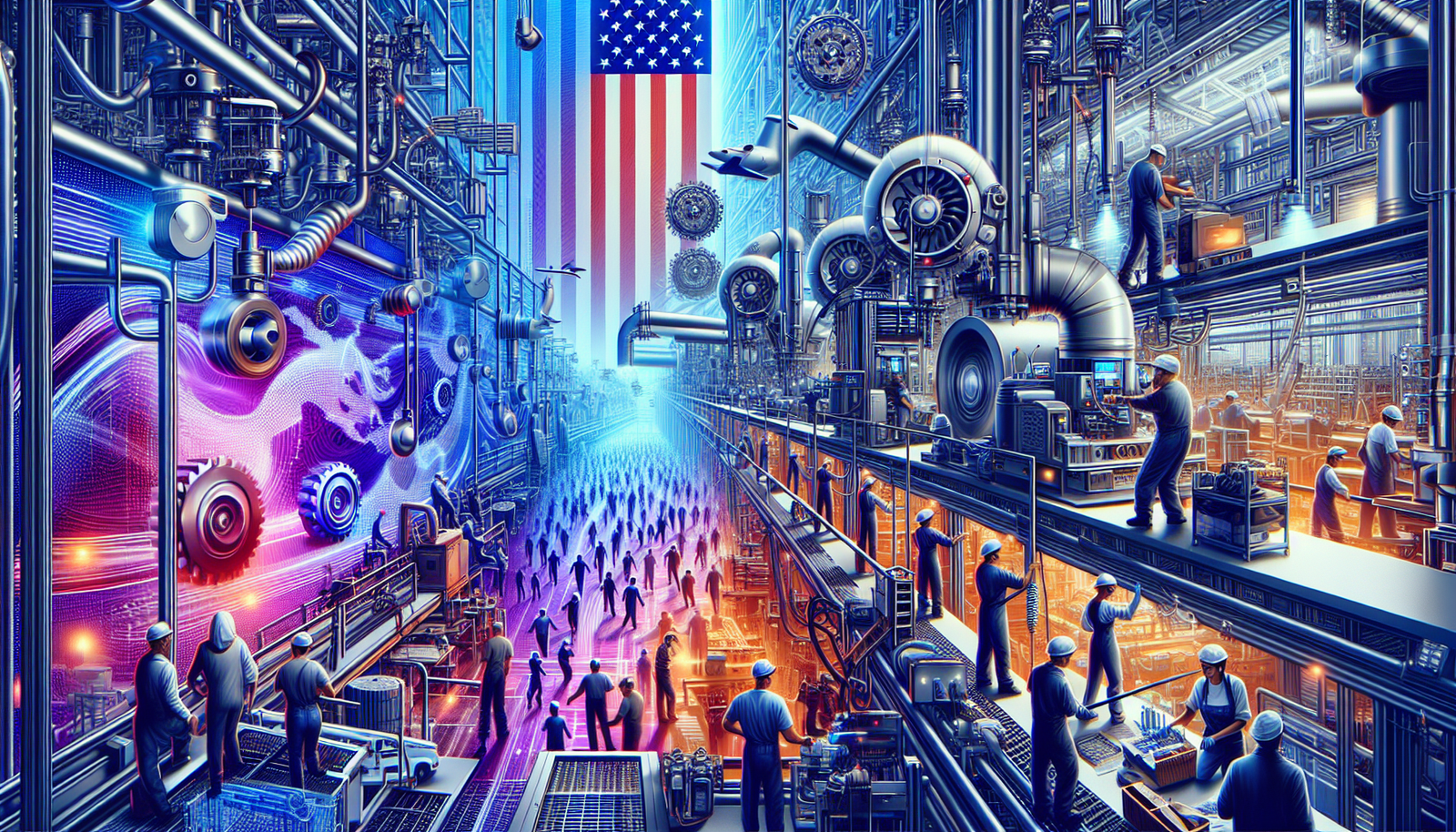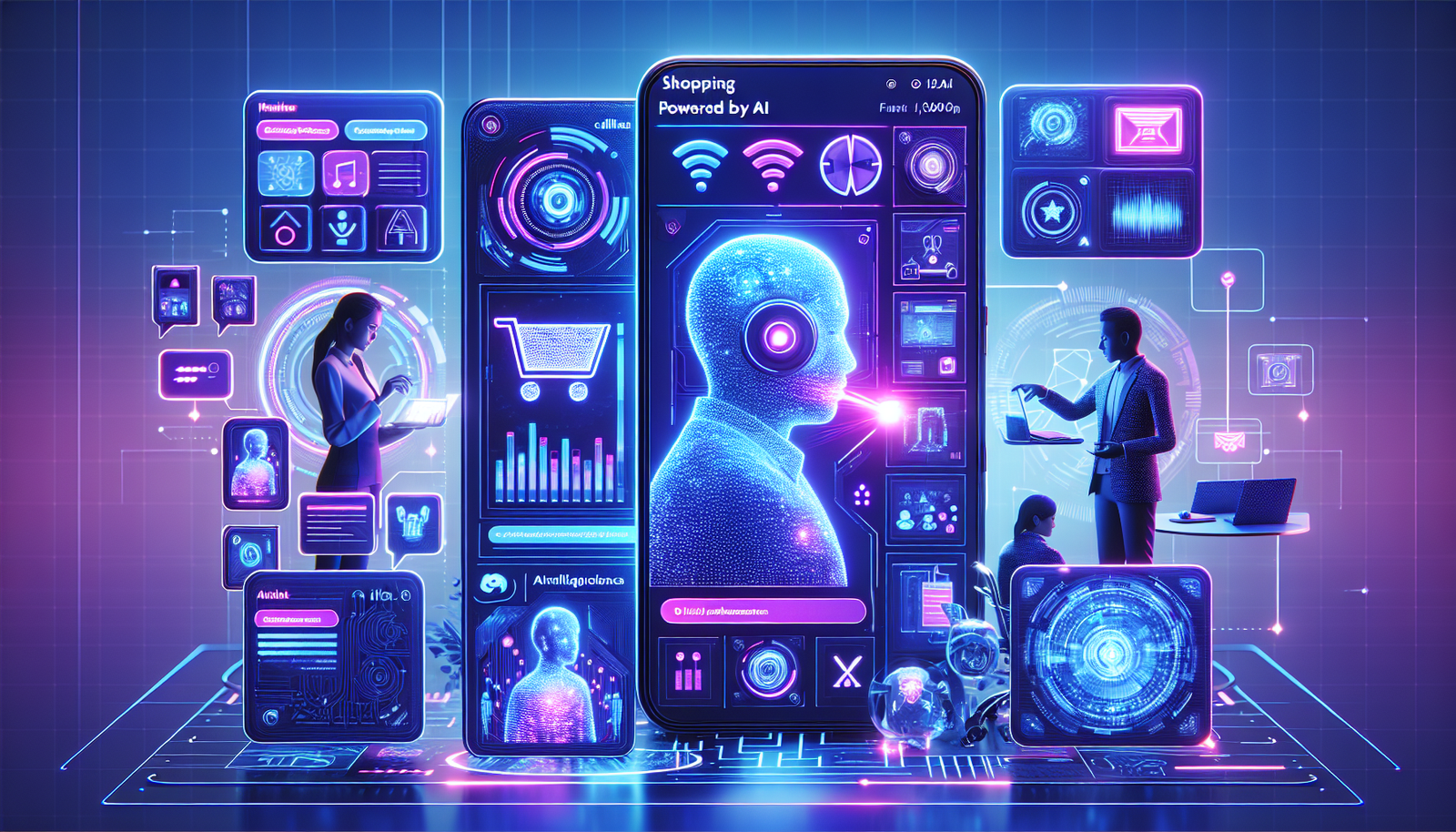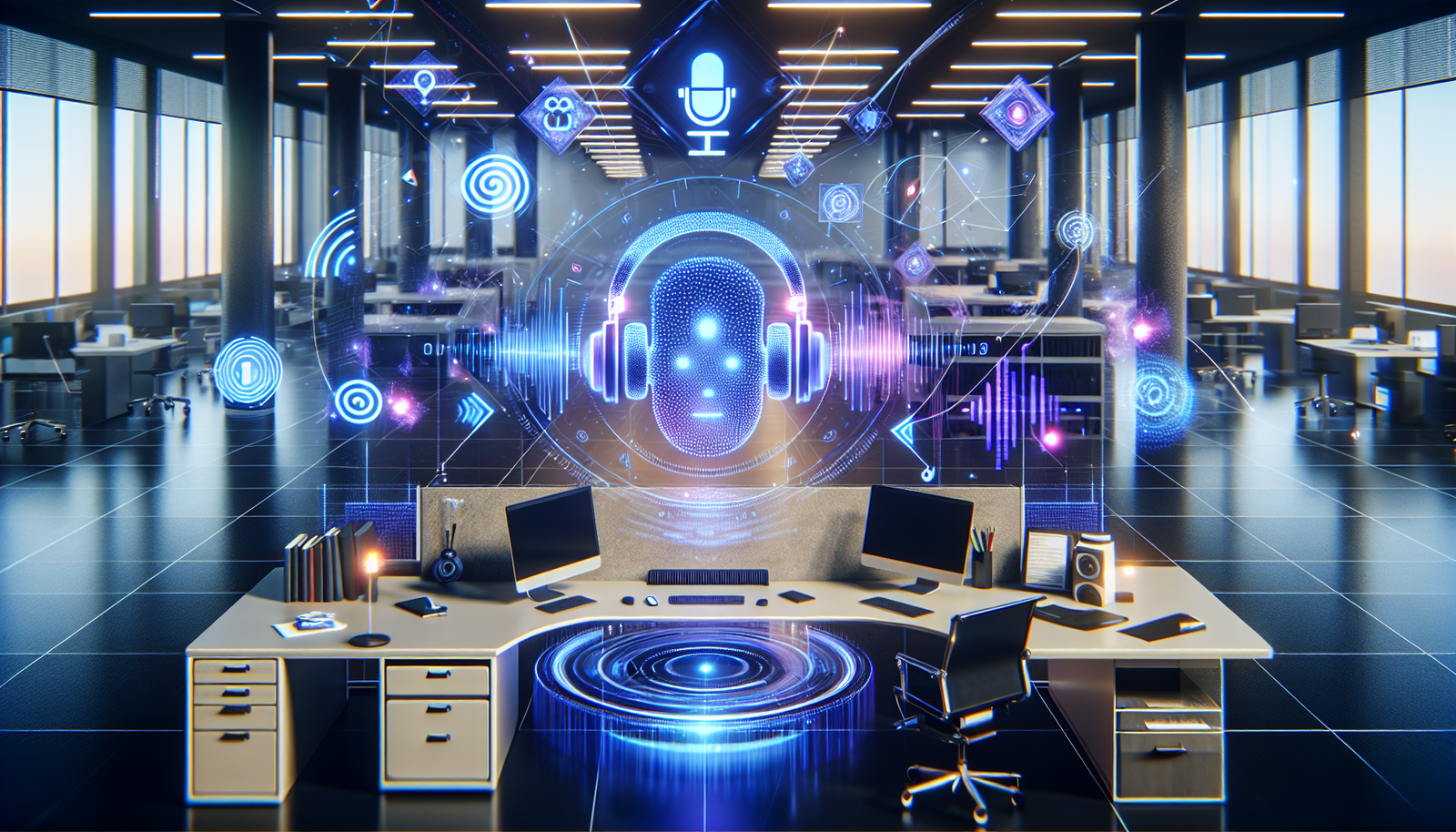The confrontation between OpenAI and Google is redefining the landscape of online search, creating unprecedented opportunities for users. Devastating innovations and technological advancements shape an era where artificial intelligence dominates the information sphere. This titanic duel involves crucial stakes for the future of searches, as well as for how access to information will be optimized.
Google vigorously defends its monopoly. _OpenAI, armed with its ChatGPT Search, disrupts conventions._ Users, now actors in their own quest, discover revolutionary and intuitive search experiences.
The Rise of OpenAI and the Impact of ChatGPT Search
Google has no equal in online search, but the arrival of OpenAI with its ChatGPT Search opens new perspectives. This new platform merges OpenAI’s famous conversational model with up-to-date search, presenting a direct challenge to the established leader.
A Distinct Approach to Search
Unlike Google’s classic model, which relies on a vast network of indexed sources, ChatGPT Search primarily relies on Bing for its results. This method allows OpenAI’s tool to provide answers that are not only accurate but also contextualized, although the source ranking mechanisms remain unclear.
The conversational skills of ChatGPT give a new dimension to online search, potentially posing a threat to Google’s monopoly. This search engine, thanks to its understanding of natural language, manages to decipher and respond to complex questions quickly.
Comparison between Google Search and ChatGPT Search
Tests conducted by journalists reveal the comparative performance of the two engines. When asked about Intel’s stock price, both systems provided correct answers. However, Google offered results sourced from its financial partners, while ChatGPT enriched its responses with relevant graphics, thus showing a user-oriented approach.
Google dominates in searches requiring real-time updates, such as live stock information, due to well-established collaborations with various financial data brokers. OpenAI’s tool, while robust, does not yet compete in terms of real-time data in this sector.
ChatGPT and the Management of Specific Information
ChatGPT Search has proven its worth in tax research, delivering accurate data on capital gains tax rates in Canada. This level of reliability comes from using official sources, contrasting with Google’s approach, which often favors excerpts from articles. This method can sometimes seem less exhaustive and lacking in detail.
In other domains, such as eSIM economic plans for Japan or vitamin dosages, ChatGPT is capable of providing lists of applications with clear pricing information. Google, while also informative, sometimes presents its data in a less intuitive and more fragmented manner.
OpenAI’s Progress in the Face of Criticism
Concerns had been raised about the false links generated by ChatGPT. However, according to OpenAI, notable improvements have been integrated to address these issues. An example of this evolution is the collaboration with the French media Le Monde, ensuring reliable access to its article content.
However, verifying the links provided by ChatGPT remains essential. Users must stay vigilant, as errors persist despite the significant advancements made in the field of artificial intelligence.
Regulation and Future Challenges
With the approach of the presidential elections in the United States, the accuracy of AI-equipped search engines is becoming increasingly important. OpenAI’s leader, Adam Fry, stated that they would monitor election-related queries to counter potential misinformation, a central point in the evolution of search technologies.
All indications suggest that Google and OpenAI will continue to fiercely compete in integrating AI into their search engines. Conversational agents like Gemini and Copilot, already in place, testify to a technological convergence, making user interfaces more intuitive and informative. The challenge of AI in search is now more relevant than ever, as these giants seek to define the future of this rapidly changing industry.
Frequently Asked Questions
How does OpenAI’s AI search compare to Google’s?
OpenAI’s AI search, with tools like ChatGPT Search, offers conversational capabilities and constantly updated information, while Google uses a traditional indexing model. OpenAI incorporates Bing to provide more contextual answers, thus challenging Google’s monopoly.
What are the advantages of ChatGPT Search compared to Google Search?
ChatGPT Search stands out for its ability to understand natural language and respond to complex questions with infographics and visual data. It can also directly access official sources for accurate information, while Google may provide excerpts from articles without in-depth context.
Why does Google remain the leader in the online search market?
Google benefits from a vast database of information, strong partnerships with data brokers, and an integrated ecosystem that allows it to provide real-time updates, particularly for financial information.
What is the accuracy of the information provided by ChatGPT Search?
ChatGPT Search has shown significant improvements in the accuracy of its information, notably integrating reliable sources like government sites. However, users should still verify links to avoid potential errors.
How does OpenAI plan to improve its search tools in the future?
OpenAI continues to invest in the development and improvement of its algorithms to optimize the reliability and relevance of results. This includes increased monitoring of queries, particularly those related to major events like elections.
What innovations does Google plan to stay competitive against OpenAI?
Google is working on a new range of AI-based tools, including the development of a powerful web agent, and continues to improve its AI infrastructure to enhance user experience.
How can users determine which AI search engine to use?
Users should evaluate their specific needs: for searches requiring up-to-date data and a visual approach, ChatGPT Search may be more suitable, while for real-time information, Google might still have the advantage.
What are the risks associated with using AI-powered search engines?
Risks include the potential spread of misinformation, misattributed links, and the constant need for source verification, especially in a context where algorithms are evolving rapidly.
How does the confrontation between OpenAI and Google influence the future of online searches?
The competition pushes both giants to innovate and continuously improve their services, which could lead to better information quality, more intuitive user interfaces, and easier access to relevant data.





